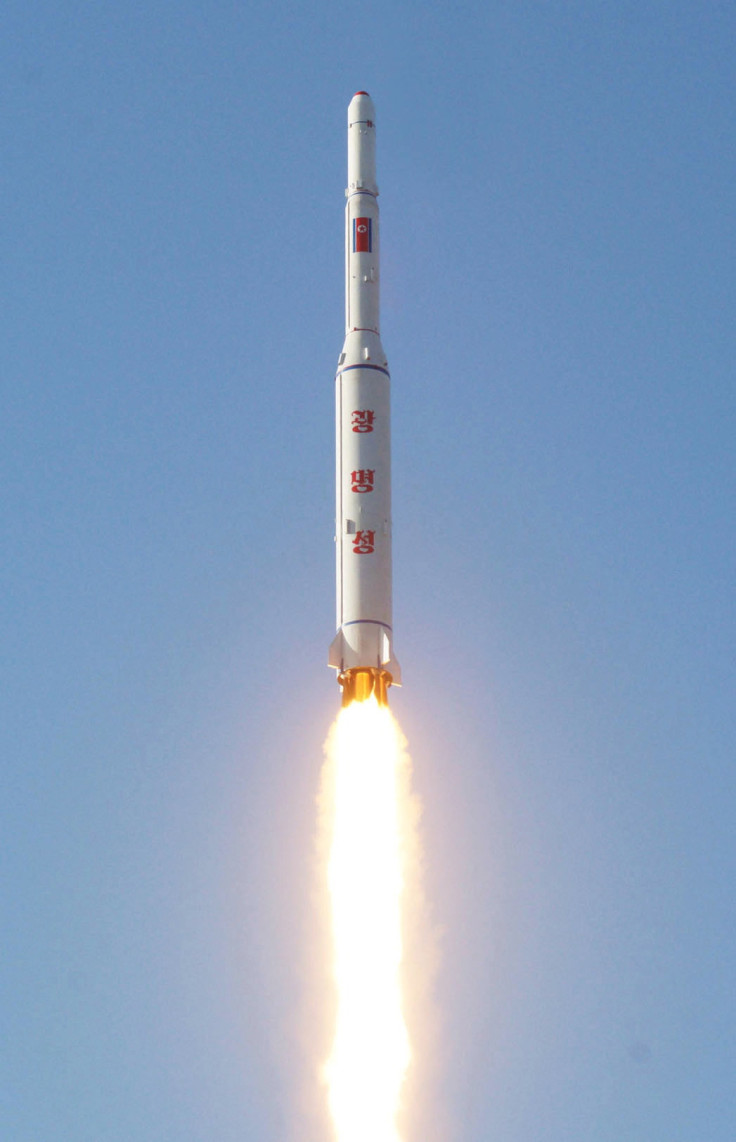Shooting down North Korea's ICBM must be 'plan B' for US if talks fail, says former defence chief
William Perry's comments come after warnings from incoming defence chief Ash Carter over Pyongyang's ICBM launch.
The US should consider shooting down North Korea's intercontinental ballistic missiles (ICBM) over international waters as "Plan B" if negotiations with the country fail, a former US defence chief has said. He insisted that diplomatic routes should first be given a chance.
His comments came a day after incoming Defence Secretary Ash Carter threatened the Kim Jong-un regime in Pyongyang that the US will "shoot it down" if a North Korean ICBM "were coming towards our territory or the territory of our friends and allies".
William Perry, who served as secretary of defence between 1994 and 1997 in Bill Clinton's government, had suggested a decade ago that North Korea's missile launch site be bombed to deter the country from testing the lethal missiles. However, he advised against it now, saying that such a move would be "too dangerous" for South Korea.
"The most obvious way is simply shooting them down over international waters, but there are other ways of doing that as well. I would leave that up to the military to decide. The goal would be disrupting the tests and disrupting the least political impact," Perry said during a discussion organised by website 38 North, which specialises in North Korean affairs, Yonhap reported.
Perry added: "I think disrupting tests is a pretty effective way of stopping their ICBM programme," noting that America can no longer afford to do nothing to deter the North Korean regime from pursuing its nuclear programme.

He added that imposing further sanctions on Pyongyang, strengthening missile defence forces in South Korea and Japan, and increasing military presence in South Korea could be other measures the US could take against North Korea's missile pursuits.
"I've never been a fan of deploying nuclear weapons in South Korea and I'm not today," he said, adding: "They are not necessary to defend South Korea. We can do it with the other nuclear weapons we have, both land-based, sea-based, but maybe necessary, though, as they give the South Korean people the confidence that their nuclear deterrence is there. So therefore, in this case if negotiations completely break down, I would consider that as an alternative."
However, he urged the US administration to resume negotiations with the reclusive regime in order to strike a deal with the regime to completely stop nuclear and missile tests in future. That agreement could serve as a basis for moving toward a nuclear-free Korean Peninsula, Perry said.
"We cannot do nothing. The time for patience is over because time is really not on our side," he added.
© Copyright IBTimes 2025. All rights reserved.





















